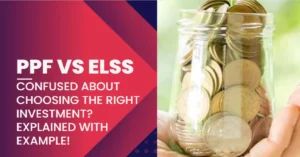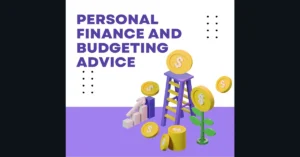Table of Contents
- Defining Financial Freedom
- Why Financial Freedom Matters
- Steps to Attain Financial Freedom
a. Budgeting and Savings
b. Debt Management
c. Investing Wisely
d. Multiple Streams of Income - The Role of Passive Income
- Overcoming Common Obstacles
- The Psychology of Financial Freedom
- Conclusion
- Financial Freedom FAQs
Defining Financial Freedom
Financial freedom is the ability to make choices in life without being restricted by financial constraints. It means having the resources and freedom to do what you want when you want. This concept can differ from person to person, but it generally involves:
- Being debt-free.
- Having a substantial emergency fund.
- Enjoying multiple income streams.
- Having investments that provide passive income.
Why Financial Freedom Matters
Powering Your Dreams
Financial freedom is the gateway to achieving your dreams and ambitions. Whether it’s traveling the world, starting a business, or retiring comfortably, financial freedom makes it all possible.
Escaping the Rat Race
Tired of the 9-to-5 grind? Financial freedom allows you to escape the rat race, giving you the opportunity to work when and where you choose.
Steps to Attain Financial Freedom
a. Budgeting and Savings
Creating a budget and consistently saving a portion of your income is the foundation of financial freedom. It ensures you have control over your finances and can allocate funds to your goals.
b. Debt Management
Outstanding debt with high interest rates can pose a substantial barrier to achieving financial independence. Learn how to reduce and eliminate debt to free up your financial resources.
c. Investing Wisely
Investing your money wisely is essential to growing your wealth. We’ll discuss various investment options, including stocks, real estate, and more.
d. Multiple Streams of Income
Diversifying your income sources provides security and accelerates your journey toward financial freedom. We’ll explore various strategies to achieve this.
The Role of Passive Income
Passive income is income generated with minimal effort. Learn how to create passive income streams through investments, side hustles, and other methods.
Overcoming Common Obstacles
Achieving financial freedom isn’t always smooth sailing. We’ll discuss common challenges and how to overcome them.
The Psychology of Financial Freedom
Understanding the psychology behind financial decisions is crucial. Discover how your mindset can either hinder or propel you toward financial freedom.
Conclusion
In conclusion, financial freedom is not a far-fetched dream. With dedication, financial literacy, and the right strategies, you can achieve it. Start your journey today, and break free from the chains of financial constraints. Remember, financial freedom is a journey, and the destination is worth every step.
FAQs
Q1: What is the ideal emergency fund size?
A: Financial experts recommend saving three to six months’ worth of living expenses in your emergency fund.
Q2: How can I increase my savings rate?
A: Consider automating your savings, cutting unnecessary expenses, and increasing your income through side gigs.
Q3: Is it too late to start investing for financial freedom if I’m in my 40s?
A: It’s never too late to start investing. Focus on your financial goals, risk tolerance, and diversification.
Q4: Can I achieve financial freedom with a modest income?
A: Yes, financial freedom is attainable at any income level. It’s about managing your finances wisely.





Pingback: Understanding CAGR And XIRR Strategies - Bitsify